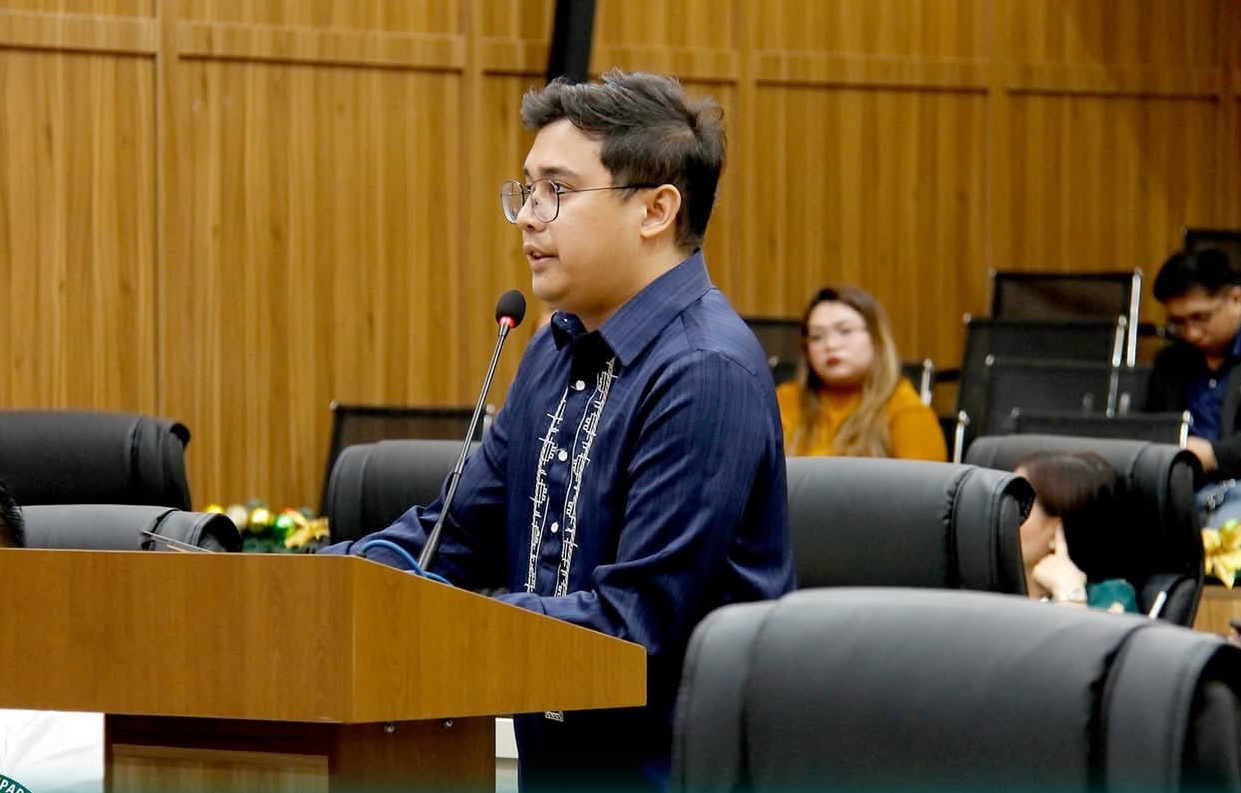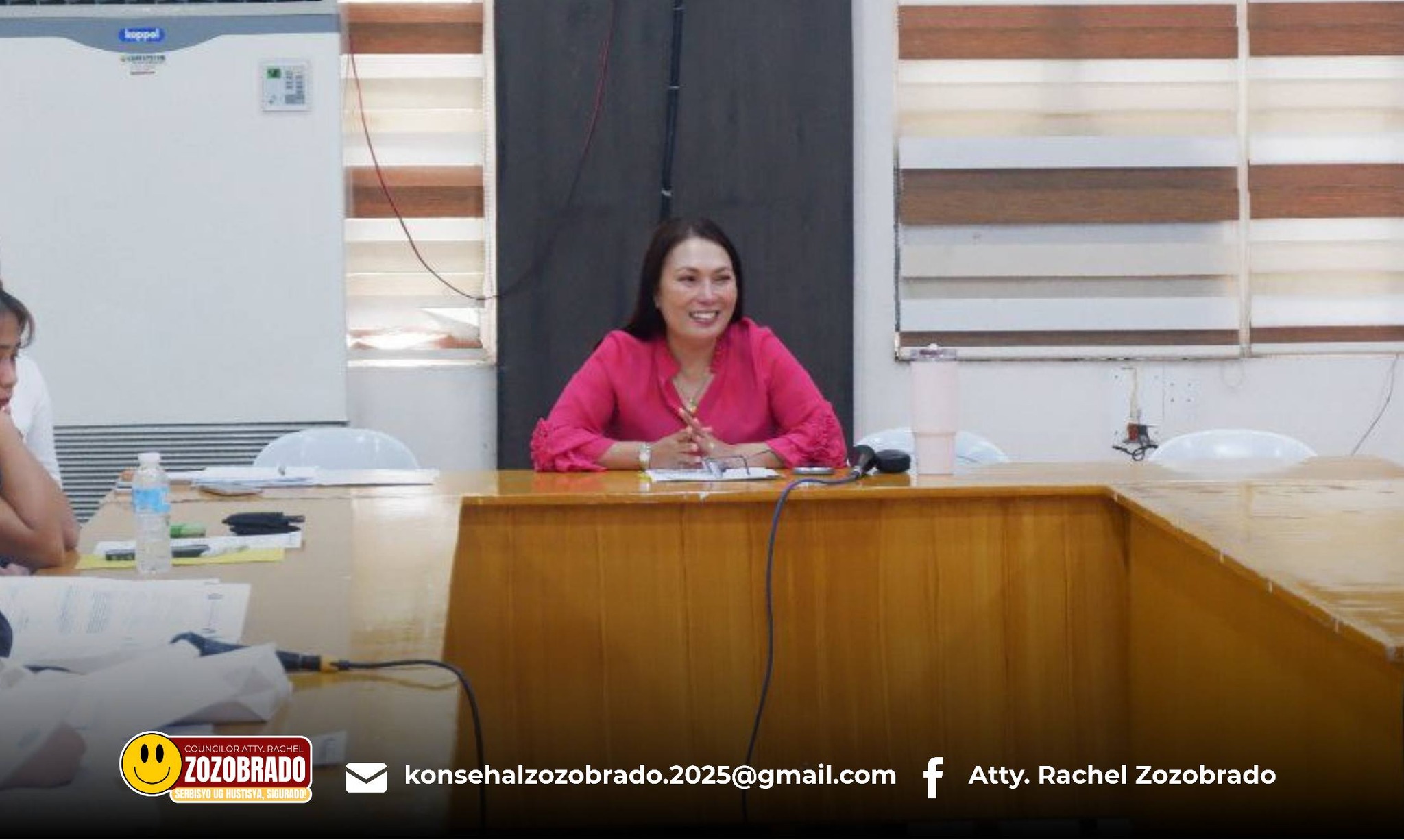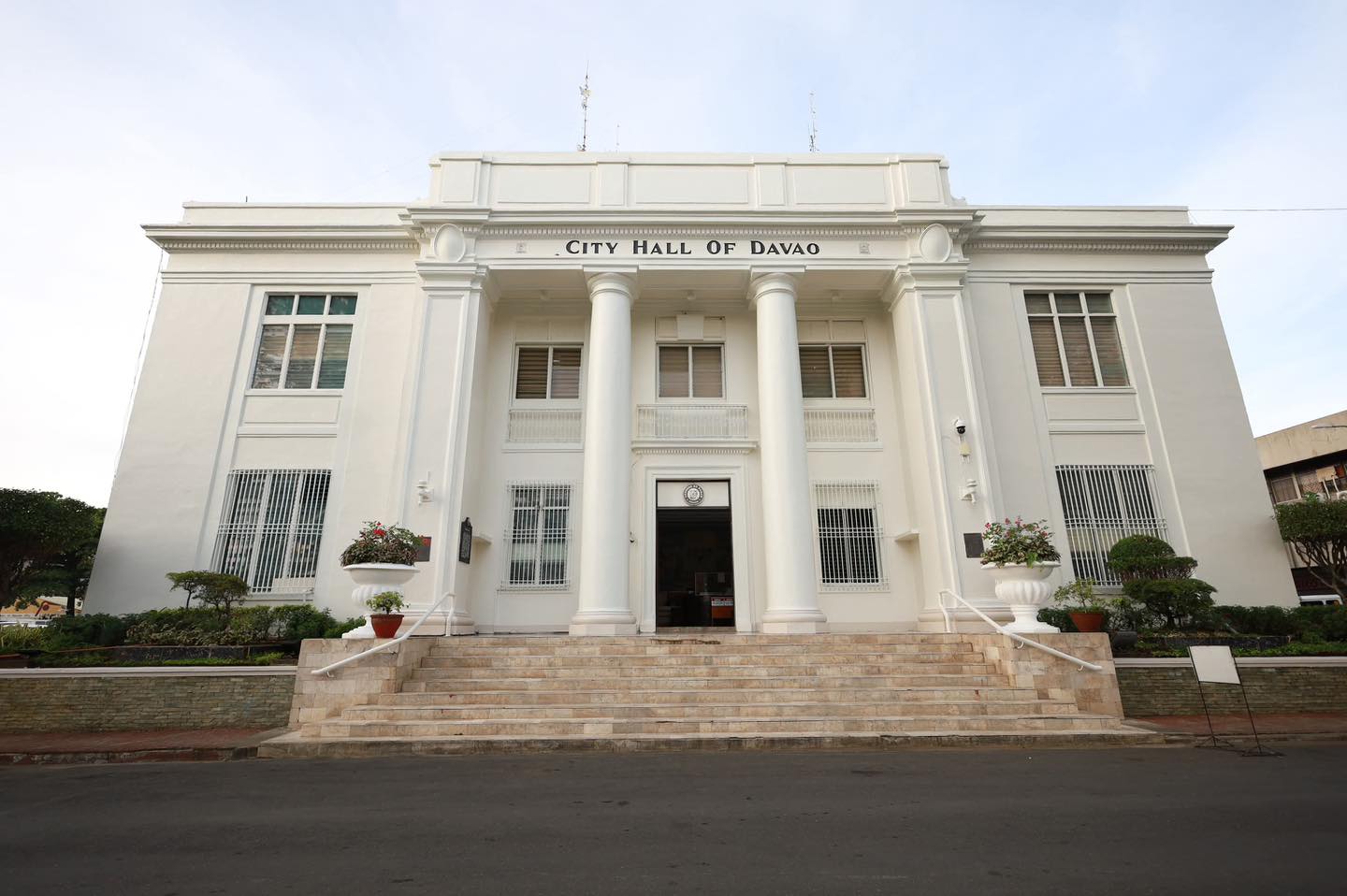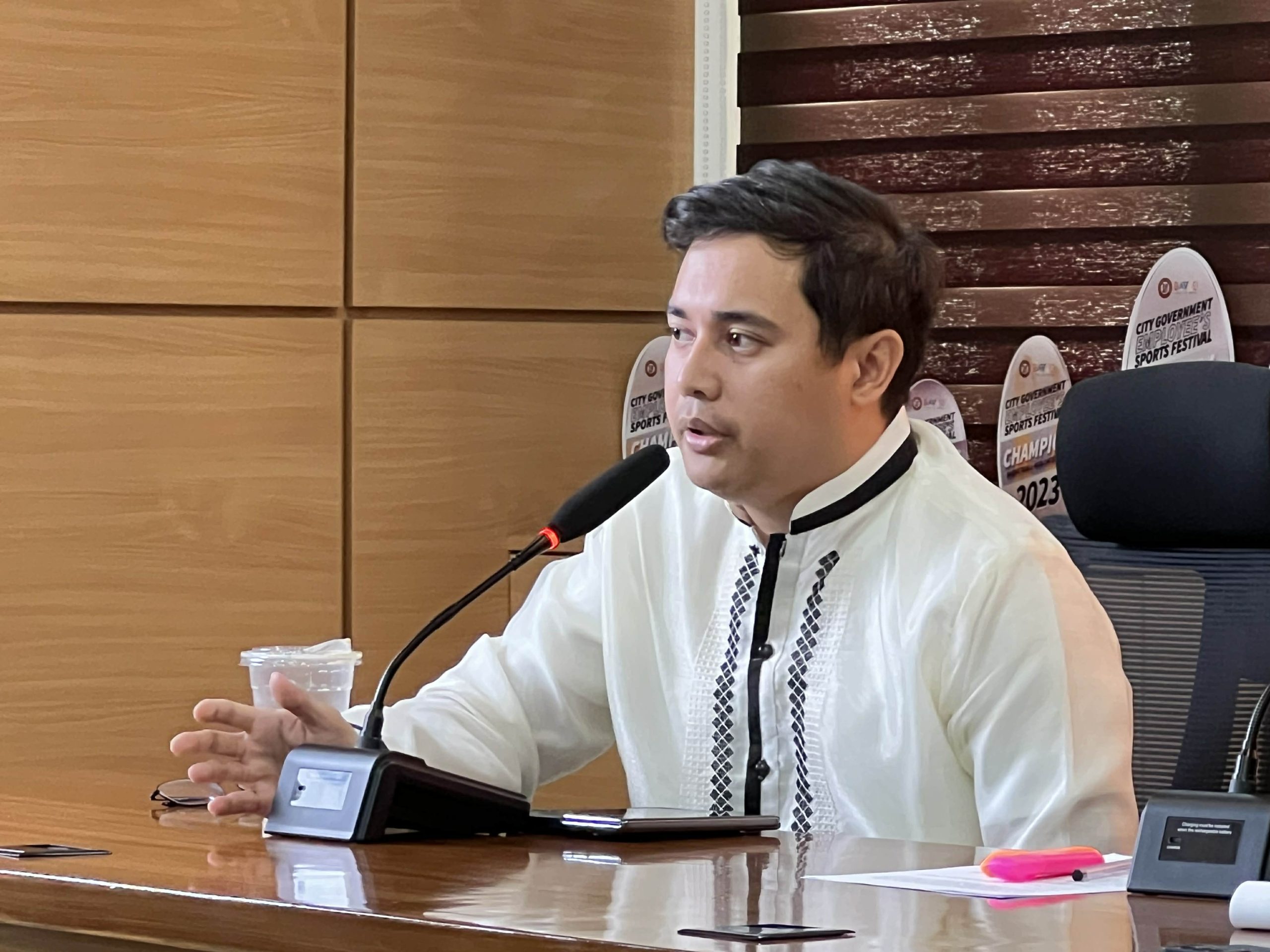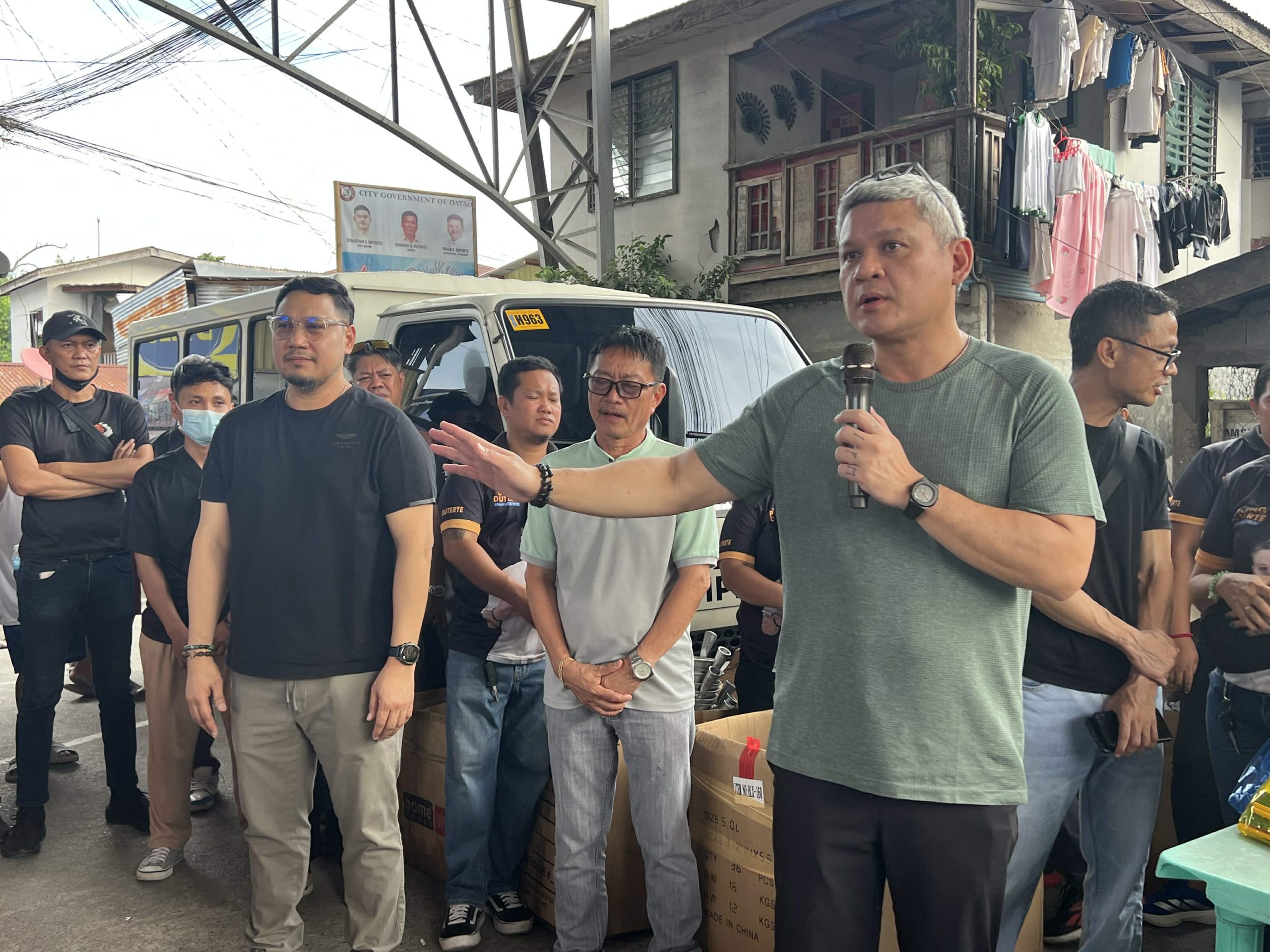Photo courtesy: Hon Bonz Bon-bon Militar facebook page
By Ivy Tejano
DAVAO CITY – A city councilor revealed plans to introduce two key ordinances to enhance the city’s disaster management and security infrastructure, in a move to modernize the emergency response and strengthen public safety here.
Councilor Bonz Andre Militar, chair of the Committee on Information Technology, emphasized in his privilege speech the need to upgrade the operations of the City Disaster Risk Reduction and Management Office, the 911 Command Center, and all associated emergency services.
“This proposed legislation will pave the way for a responsive and modern emergency services system,” Militar said, outlining a vision that includes a digital, GPS-based, and geospatially integrated platform to enhance emergency response efficiency.
He said one of the ordinance’s key provisions includes an advanced filtering mechanism to screen out prank calls to the city’s 911 hotline and implementing penalties for such offenses to help ensure the hotline remains available for real emergencies.
“The system will also drastically reduce emergency response times and save lives. It will improve the ability of the Davao City 911 Command Center to precisely locate patients or callers, especially in our hard-to-navigate barangays,” Militar said.
According to Central 911 data, the center receives approximately 1,000 calls daily, with only around 10 percent being legitimate emergencies. Militar said the upgraded system is expected to improve response times significantly.
He added that through GPS-enabled caller tracking, geotagging of communities, and smart dispatch coordination, the responders will be better equipped to locate callers in remote or difficult-to-access barangays.
In preparation for the measure’s implementation, Militar said he recently paid a courtesy visit to CDRRMO head Alfredo Baluran to foster collaboration and align goals.
Alongside the modernization of emergency services, Militar is also pushing for a separate ordinance focused on enhancing public safety through artificial intelligence.
The proposed legislation would authorize the installation of AI-powered facial recognition systems at the city’s strategic entry and exit points — including land checkpoints, airports, seaports, and shoreline areas.
“This proactive measure will significantly strengthen our city’s security, allowing us to monitor better and control movement, identify potential threats, and ensure the safety of our communities from external dangers and criminal elements,” Militar explained.
The councilor noted that the system could assist law enforcement in identifying individuals on watchlists, with real-time alerts sent to relevant authorities. He also shared that he discussed both initiatives during a meeting with acting Davao City Mayor Sebastian Duterte on June 16.
Militar’s legislative proposals are expected to undergo first reading and will be jointly referred to the committees on disaster risk management, ethics, and peace and public safety. (By Ivy Tejano)

